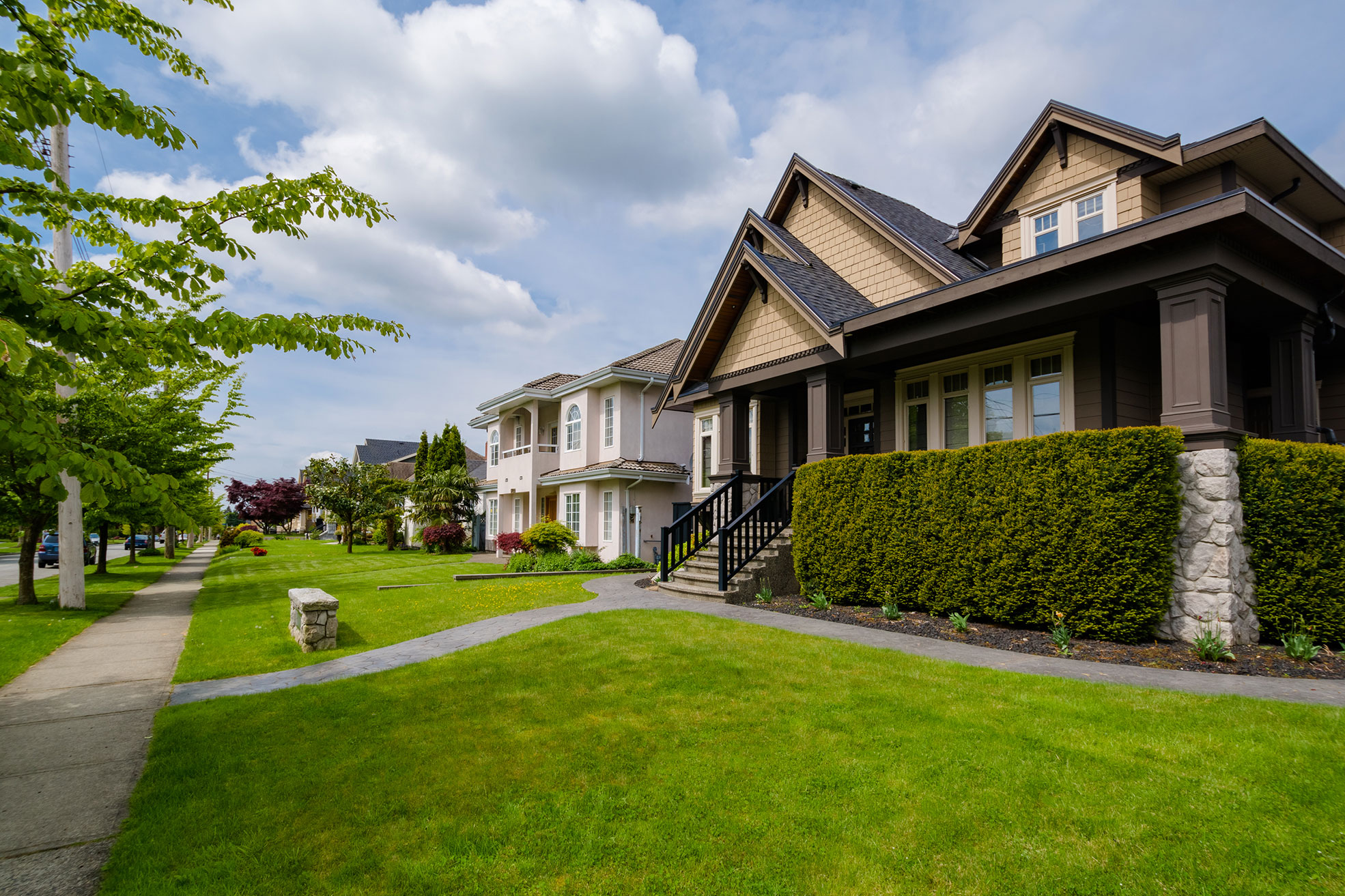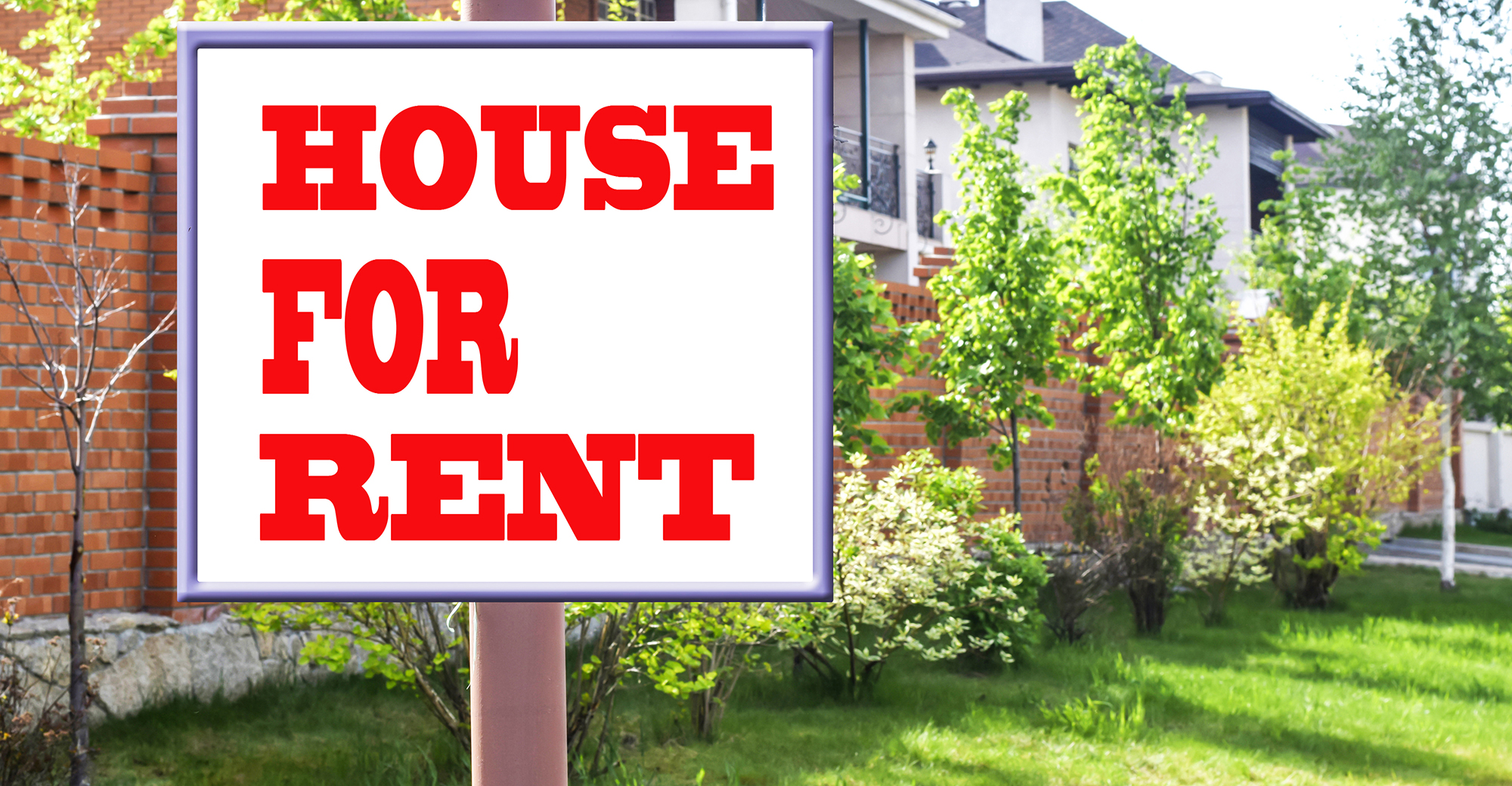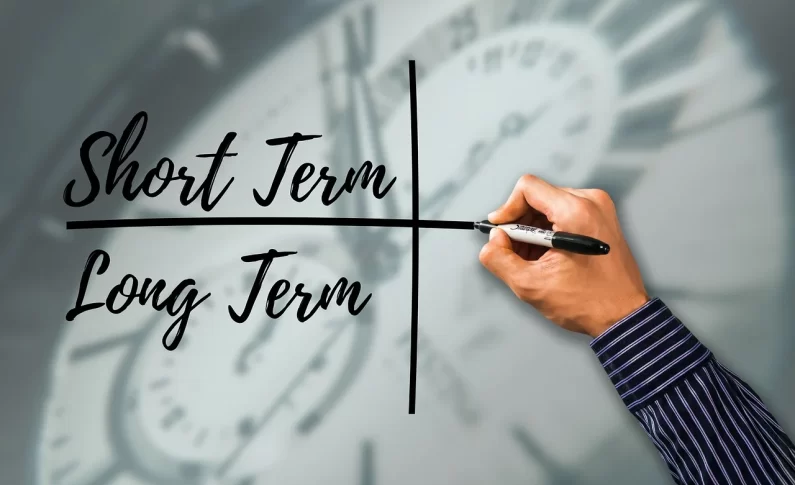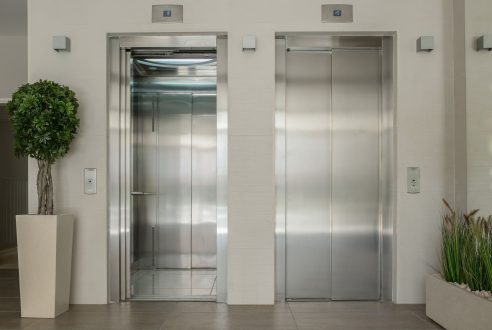Long-term and short-term rentals are both considered the most lucrative real estate investments across the globe. If managed correctly, both strategies can be used to make significant profits. However, as the owner, if you want to maximize profits, it’s crucial to consider the advantages and disadvantages of each rental strategy.
What Is the Difference Between a Short-Term and a Long-Term Rental?
 A property that is rented anywhere between one evening and up to one month or less is often considered a short-term rental. In general, short-term rentals include vacation homes that are rented for a few days or weeks. With a short-term rental, the property usually comes as fully-furnished and renters don’t have to pay utility bills.
A property that is rented anywhere between one evening and up to one month or less is often considered a short-term rental. In general, short-term rentals include vacation homes that are rented for a few days or weeks. With a short-term rental, the property usually comes as fully-furnished and renters don’t have to pay utility bills.
On the other hand, a property that’s rented for a long period of time –usually ranging from six months to one year – at a fixed rent rate is considered a long-term rental. The property can either be fully furnished or unfurnished, but the tenants are responsible for paying for expenses like utilities.
Long-term Rentals

Pros:
Easier to Manage
Once you find long-term guests, there isn’t much left to handle. You’ll surely have less to worry about when it comes to administrative stuff like paperwork, handover as well as marketing. Once your renter signs a 12-month lease and pays the rent timely, you won’t be affected by seasonal variance. You only need to advertise when the lease is over and when your long-term tenant leaves.
Guaranteed Rental Income
Because a long-term contract usually lasts for one year or more, you can rely on a consistent and predictable cash flow. This stability is appealing to many landlords as they will be receiving a consistent rental income on a monthly basis. This can help take the pressure off new homeowners who have a lot of other expenses to worry about and can thus rely on the monthly rental income.
No Need to Furnish
This doesn’t apply to all long-term residents, but some like to create their own space and thus will come with their own furniture in tow. So, not only will you have a guaranteed monthly rental income coming in, but you won’t also need to fork out on new furnishings.
No Utility Payments
One of the biggest advantages of long-term rental is that the tenants will be responsible for paying the electricity, water and other utility bills. So, no matter how many times in a day the guests are blasting the AC, the charges won’t fall on you.
Basic Maintenance Falls on the Tenants
Generally, renters on a long-term lease will take care of basic chores like cleaning the house and doing yard work. Long-term tenants will take very good care of the house because they think of it as their home rather than just a hotel room.
Short Term Rentals

Pros:
Your Personal Getaway
If your property is nestled in an ideal location like a mountain lodge or a beach condo, you can just book your own vacations at your property whenever you feel the need for a little break. Compared to a long-term property which is usually off-limits for personal use, your short-term property can be available for you and your loved ones.
Not the Same Tenant
Running a rental business is a tough job but there’s nothing worse than getting a “bad” tenant. Even if you’ve gone through proper screening, chances are you might get stuck with a renter that doesn’t pay rent on time or who complains about every little thing to you. The good news is that short-term rentals can help you in quickly cut ties with such tenants.
Higher Rental Income
If you compare the return on investment between a short-term rental and a long-term rental, you’ll find that short-term tenants can bring in more money.



